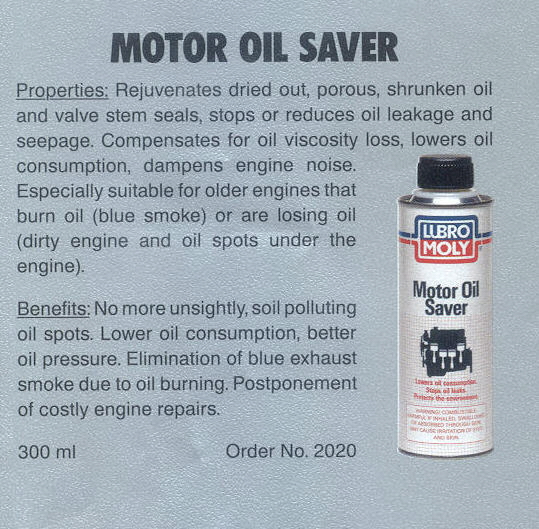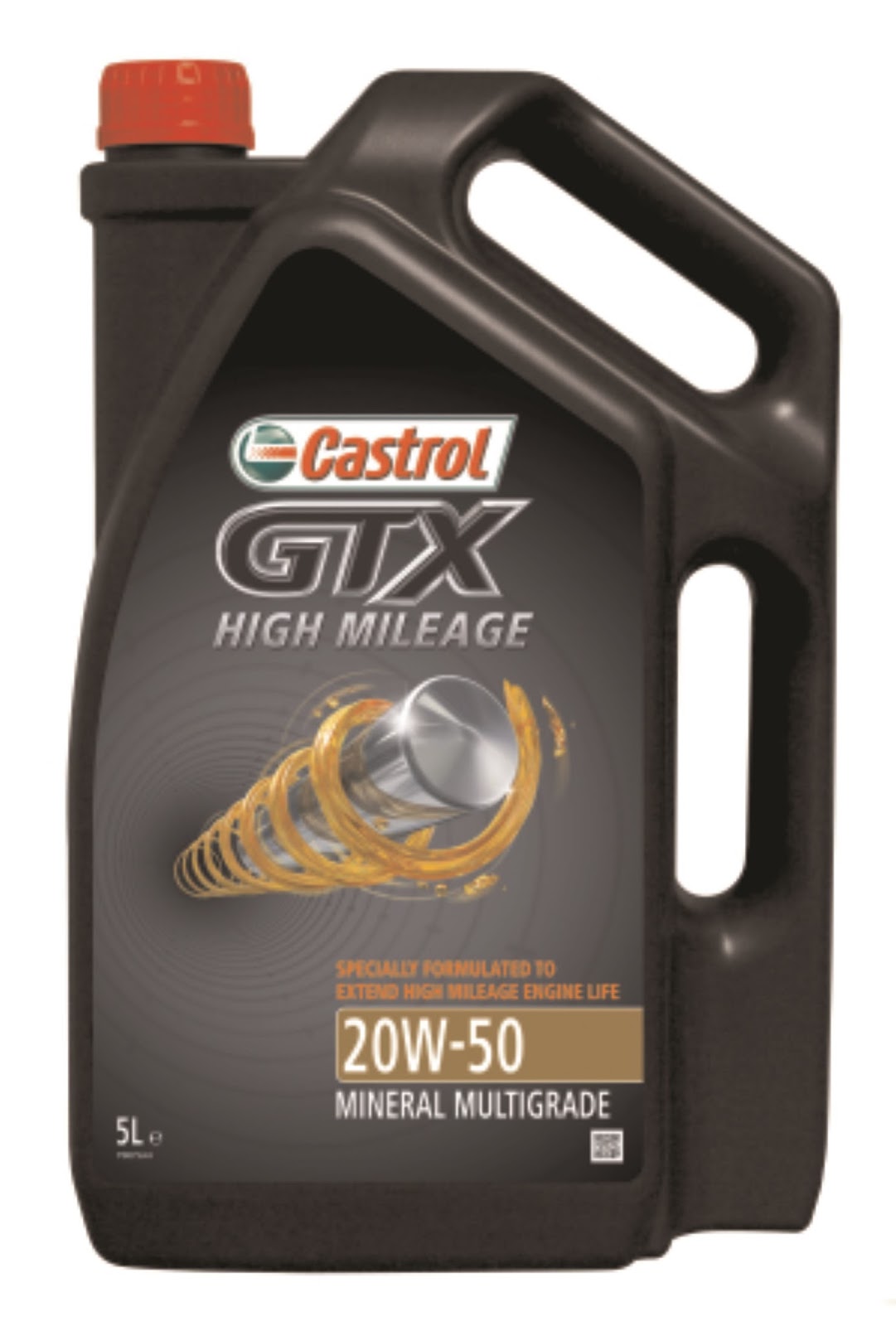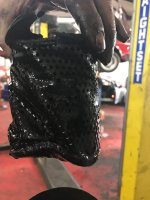Did you ever confirm exactly what needed to be replaced on the cylinder head - that would have caused the smoke? Or was it merely presumed that your engine had worn valve guides, valve stems and/or valve seals? Any of those things could contribute to a smokey tail pipe, but so could many other things, including an engine that is severely out of tune, the wrong oil, too much oil -
or bottom end issues. Of course a valve job is never a bad thing, if the engine could benefit from it.
The idea of driving to "let everything free up" probably has more application to an engine with recently machined surfaces, including freshly honed cylinders, new rings and new bearings. I'm guessing -
and this is just a guess with little factual information - that your engine has already been run for 1-2 hours, including idling, since you first noticed the smoke. This should have (probably) been ample time to free things - unless you are using extra-slippery oil or only running the engine in 5 minute increments and not under load. If you have a new camshaft or rockers or rocker shafts, then all of those things should have time to bed in, but it is unlikely they have any connection with tail pipe-oil consumption. BTW, if the camshaft or rockers were changed or even if the latter were moved to another location, you should consider using an oil designed for flat tappets i.e., an oil with a higher-than-normal zinc concentration.
With the head removed, it would have been an appropriate time to examine the cylinder walls and test each piston's ring set for any obvious problems. Glazed cylinder walls or gouging would speak for themselves. Cylinder wall taper or loose fitting pistons may not be that obvious.
Black oil, as represented by your filter photo, could indicate excessive contamination due to poor combustion or poor maintenance.
Black oil could also be normal if using a molybdenum or graphite additive. If it wasn't the latter, perhaps an increase in routine maintenance was in order. If an oil change
or two doesn't make much of a difference in oil color, I would consider removing the oil sump and examining it and the pump pickup for solids, aka sludge. If the sump has significant sludge buildup, left unremoved, it will quickly contaminate any fresh oil, requiring much more frequent changes than normal. There are many products advertised as engine flushes that typically contain light viscosity oil and serious solvents and detergents. These might be worth a try as an alternative to cleaning out the sump, but I have my doubts.






